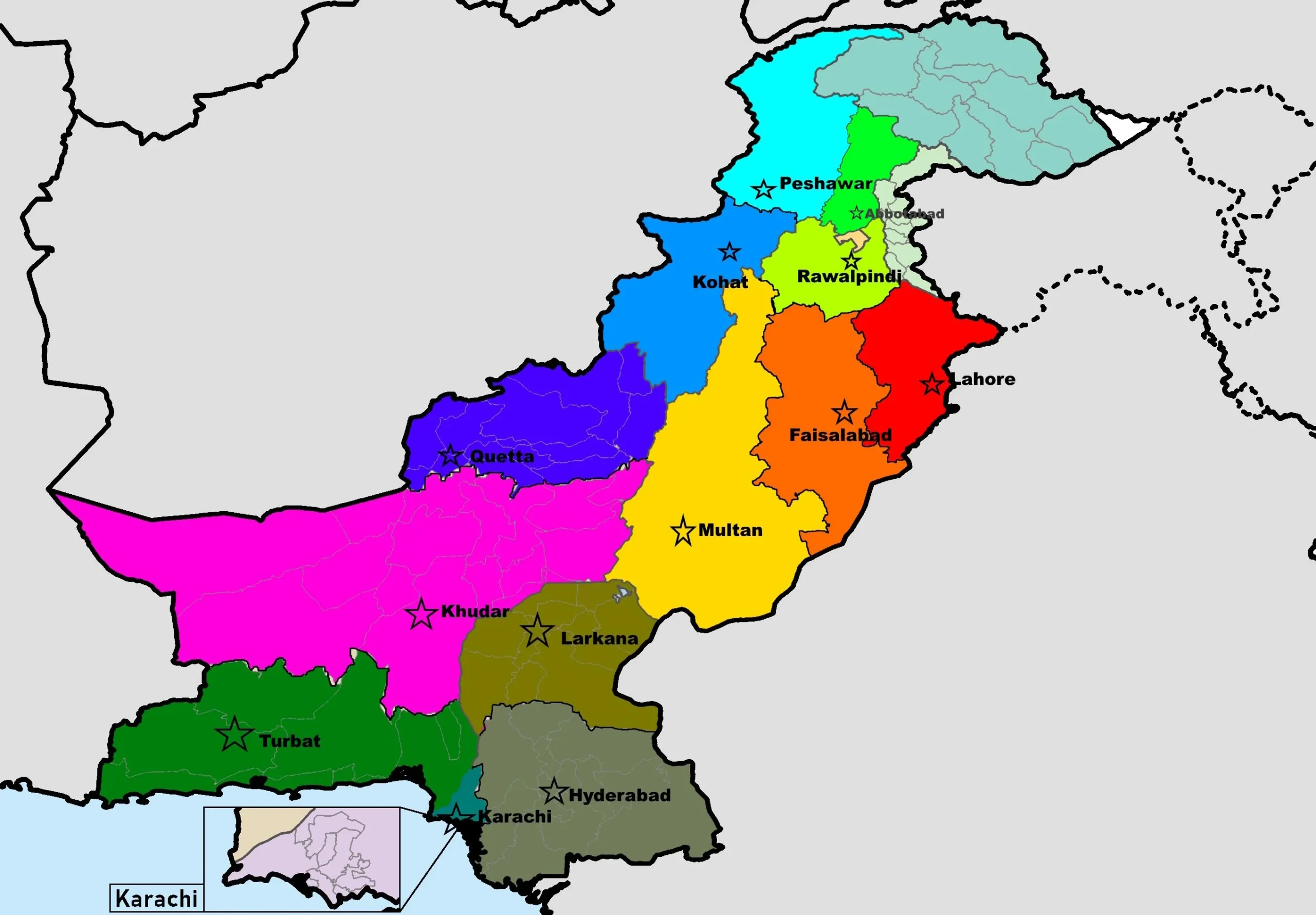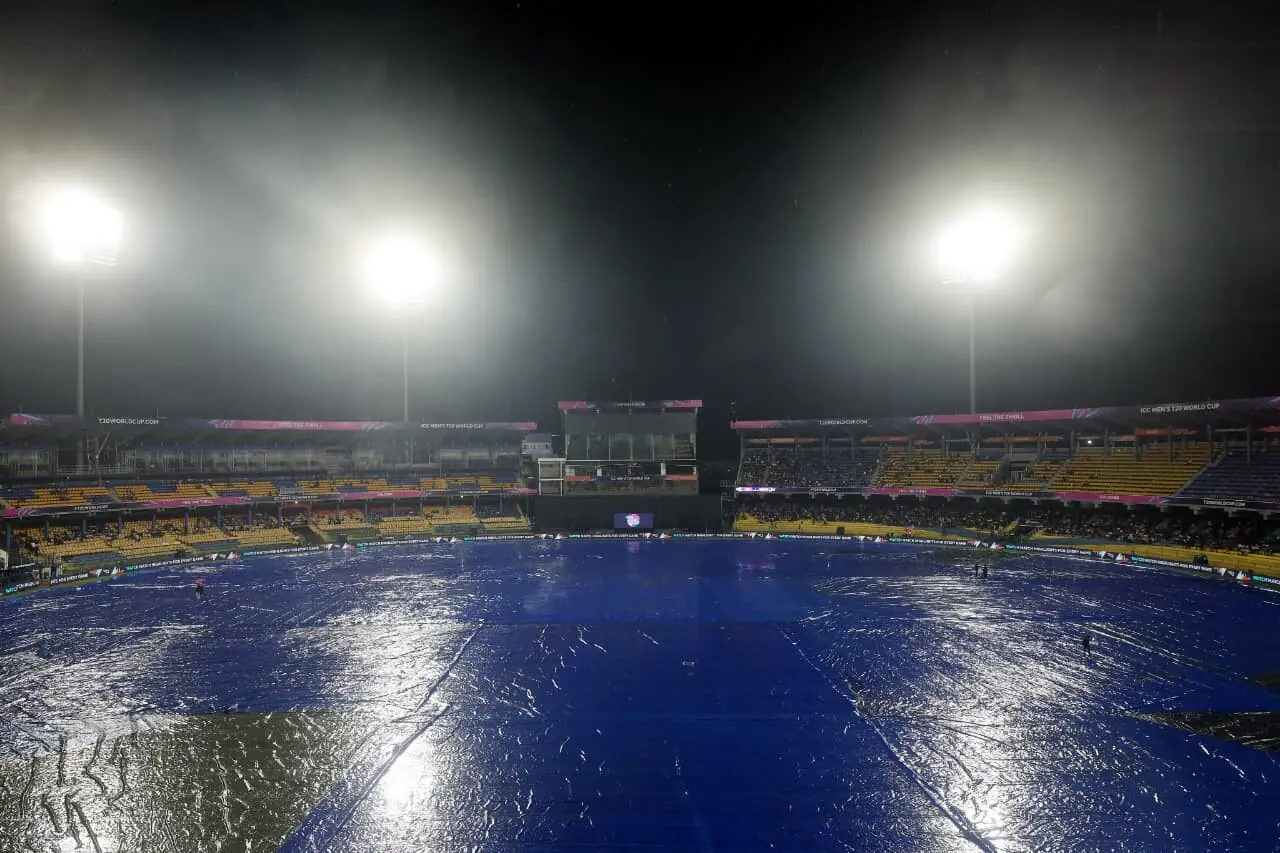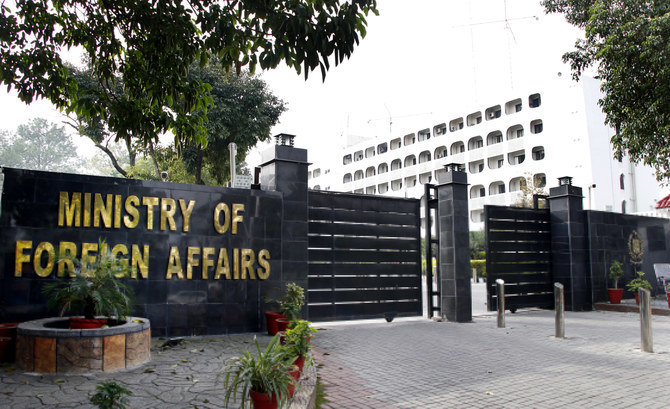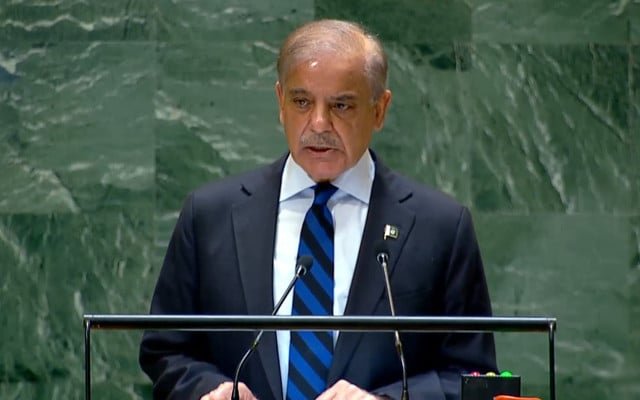Ten Independent Power Producers (IPPs) are frustrated with the government’s treatment of private power generators and have reached out to Prime Minister Shehbaz Sharif. They are proposing conditions to end their contracts from the Generation Policy of 2002.
In a letter to the Prime Minister, the IPPs, including Pakgen Power and Nishat Power, pointed out that various government discussions and media claims suggest that the payments made to them are making electricity too expensive for consumers. The letter was sent just a day before the government planned final talks with these IPPs about changing their contracts.
While the IPPs acknowledge that current electricity costs are high, they believe blaming capacity payments is misleading, given that several factors contribute to the increased tariffs. Some key points from their argument include:
- The average electricity generation cost is Rs 27 per kWh, while the consumer tariff exceeds Rs 60 per kWh due to heavy taxes and losses.
- Capacity payments to all IPPs stand at Rs 17 per kWh, more than half of which goes to government-owned IPPs.
- Demand for electricity has decreased by over 22% in the last two years, raising capacity fees.
- The country’s currency has lost value, leading to a more than 40% increase in payments to IPPs.
The IPPs expressed concern over plans to switch from “Take or Pay” to “Take and Pay” contracts, arguing that such agreements are financially unsustainable. They claim that it is unreasonable to expect them to cover large fixed costs without guarantees of power sales to buyers.
The letter further outlines that eliminating capacity payments for these IPPs would only slightly reduce tariffs. They ask the Prime Minister to ensure fairness in negotiations and a meeting with all stakeholders to discuss the proposed changes. The IPPs emphasize that repeated forced renegotiations could harm the privatization process and investor confidence.### IPPs Express Concerns to Prime Minister Over Sovereign Contracts
Ten Independent Power Producers (IPPs) are frustrated with the government’s treatment of private power generators and have reached out to Prime Minister Shehbaz Sharif. They are proposing conditions to end their contracts from the Generation Policy of 2002.
In a letter to the Prime Minister, the IPPs, including Pakgen Power and Nishat Power, pointed out that various government discussions and media claims suggest that the payments made to them are making electricity too expensive for consumers. The letter was sent just a day before the government planned final talks with these IPPs about changing their contracts.
While the IPPs acknowledge that current electricity costs are high, they believe blaming capacity payments is misleading, given that several factors contribute to the increased tariffs. Some key points from their argument include:
- The average electricity generation cost is Rs 27 per kWh, while the consumer tariff exceeds Rs 60 per kWh due to heavy taxes and losses.
- Capacity payments to all IPPs stand at Rs 17 per kWh, more than half of which goes to government-owned IPPs.
- Demand for electricity has decreased by over 22% in the last two years, raising capacity fees.
- The country’s currency has lost value, leading to a more than 40% increase in payments to IPPs.
The IPPs expressed concern over plans to switch from “Take or Pay” to “Take and Pay” contracts, arguing that such agreements are financially unsustainable. They claim that it is unreasonable to expect them to cover large fixed costs without guarantees of power sales to buyers.
The letter further outlines that eliminating capacity payments for these IPPs would only slightly reduce tariffs. They ask the Prime Minister to ensure fairness in negotiations and a meeting with all stakeholders to discuss the proposed changes. The IPPs emphasize that repeated forced renegotiations could harm the privatization process and investor confidence.















